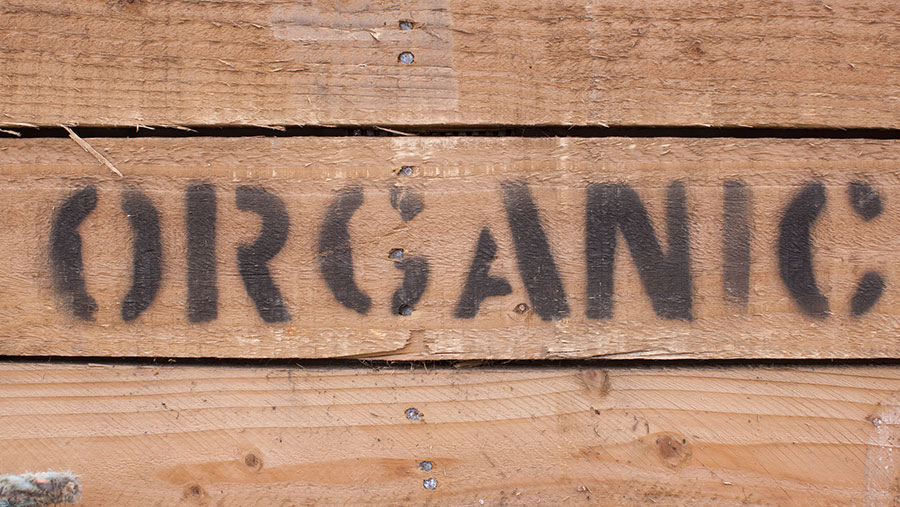Organic farmers fear exclusion from EU market after Brexit
 © Tim Scrivener
© Tim Scrivener UK organic farmers fear they will be excluded from European markets if UK standards do not evolve in lockstep with EU rules after Brexit.
The warnings came as EU ministers on Monday (21 May) finally approved long-awaited changes to EU organic regulations.
However, these will not come into force until January 2021, by which time the UK will have left the EU.
A key component of the new EU organic regulation is a principle that producers in “third countries” (which by then will include the UK) will have to comply with the same set of rules as EU farmers and growers if they supply goods to the European market.
See also: Benchmarking arable performance – where to start
“There will be export businesses that will be looking at what they can do going forward, but without some form of equivalency arrangement, leaving the EU presents increased risk to UK businesses – organic and non-organic,” said Roger Kerr, chief executive of organic certification body Organic Farmers & Growers.
“Any divergence in organic regulation would need careful consideration,” Mr Kerr added. “Between now and January 2021 there will be a great deal of work on the implementing acts and until this is complete we won’t know the full text of the whole regulation.”
Although no official data is available, it is estimated about 10% of the UK’s organic output, worth some £2.2bn in 2017, is exported – predominantly to EU countries.
Organic Farmers & Growers certifies more than half of the UK’s organic land and is involved in a Defra-funded project looking at regulatory equivalence and labelling once the UK leaves the EU. According to Mr Kerr, this project is scheduled to be completed in July this year.
Until then, questions such as whether UK producers will continue to use the long-established EU organic logo, or a new UK organic logo – or possibly both – remain unanswered.
